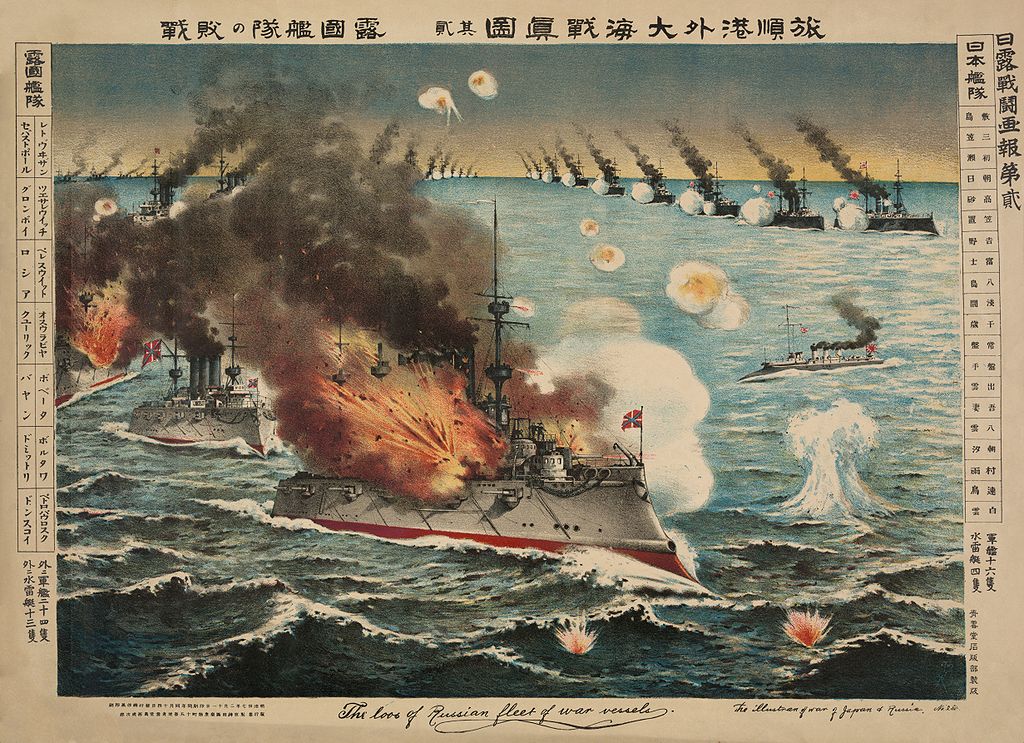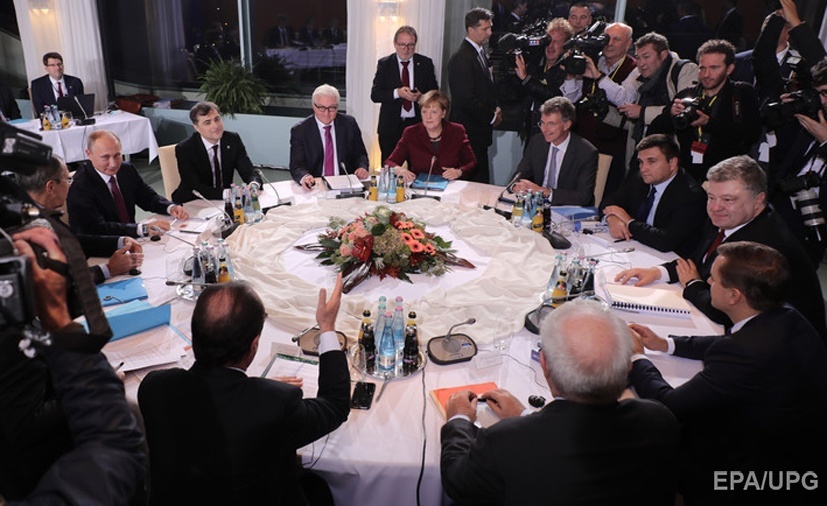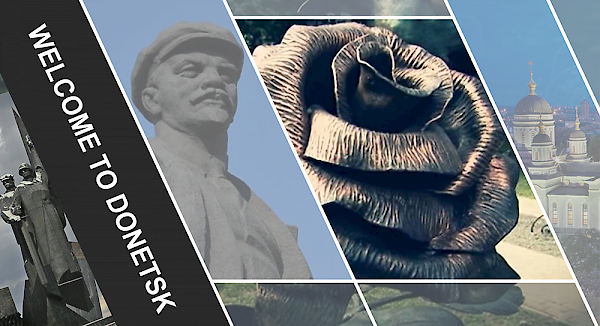Nicholas II famously wanted “a good little war” that would bring him victory and shore up popular support for his rule. Now, more than a century later, Vladimir Putin needs a conflict in Ukraine for exactly the same reason, according to Maxim Kalashnikov. The only question is just what kind of conflict he currently prefers.

The Russian security analyst draws that conclusion on the basis of what he says are the common interests of Kyiv and Moscow in having the conflict in Ukraine continue without a final resolution because Putin and his Ukrainian opposite number both need a war to address their domestic political problems.
In Putin’s case, he continues, “war must become an Orwellian instrument of domestic politics,” one in which he can exploit the patriotic enthusiasm of “Russian nationalists of all kinds as well as Stalinists, monarchists, and supporters of ‘the Right Sector.’” What he can’t afford is an end to the war or alternatively its expansion beyond his ability to dose it out.
Russia’s economic crisis isn't about to end; sanctions aren't going to be lifted; and the Syrian war simply has not had the resonance among Russians that fighting in Ukraine does, Kalashnikov says. Moreover, Russians are increasingly aware that regardless of what happens in Syria, ISIS is not going to go away.
Football matches won’t do. Simple calls for repression won’t work. And the only place Putin has to “begin a small real but controlled war” is in the Donbas in Ukraine. No other conflict, not in Afghanistan or Libya would give “the same political technology effect,” Kalashnikov argues.
Kalashnikov says that Russia’s war in Ukraine could proceed along one of two scenarios, each of which has for Putin pluses and minuses:
- The first would involve continuing the conflict at roughly its current level, something that he suggests might suit Kyiv just as much as it does Moscow. Such a war would be prolonged and make permanent the settlement of 1991.
- The other would involve a massive Russian strike designed to destroy the Ukrainian military, something that could be done relatively quickly but that would require pulling forces back from Syria and would resemble “a victory in the spirit of the one over the Georgian army in 2008,” another conflict that occurred at the time of presidential elections.
A successful blitzkrieg in Ukraine would require the Russian side to make use of all its forces, Kalashnikov says. “But the moment is really propitious: America has entered a time of forced self-isolation and of the resolution of the most complicated internal problems.” And neither it nor Europe would do more than protest any such action.
More sanctions are not really a problem for the Kremlin either because they would be unlikely to be that harsh or that long-lasting, Kalashnikov argues. After all, they have been and continue to be “an outstanding occasion for the establishment in the Russian Federation of a Latin America-style military dictatorship.
Kalashnikov says that in raising the possibility of a massive strike, he is not suggesting a new Operation Barbarossa
but rather something like the German moves into Norway in 1940 or Desert Storm more recently. Overwhelming force could knock out the Ukrainian army, and there would not be any need to occupy that country or fear a partisan war.
An “ideal” outcome, he says, would be “the division of Ukraine into several [Russian] protectorates” as well as allowing Western Ukraine to drift toward the West. But for that to happen, the calculations in the Kremlin will have to change from seeing a continuing war as having the greatest advantage for Putin.
Wars are won, Kalashnikov says, not by “enthusiasts” or “internet trolls” but by national armies. If Putin or his successor chooses to go for a real victory, that is what will be required; but if he continues as now, the war will go on, sometimes bubbling up and sometimes quieting down, not because of military necessity but because of domestic political requirements.
Related:
- Even if Trump and Putin make a deal, Ukrainians ready to fight to defend their country, Kyiv experts say
- The ugly things Moscow might do if Ukraine is consigned to a Russian sphere of influence
- Putin leading Russia ever more rapidly to fascism and the world to war, Israeli analyst says
- Hell freezes over: guest blames Russia for war in Ukraine on Russian state TV live [VIDEO]
- Russia's war in Ukraine must not be 'forgotten'
- The first museum of war in Donbas opens in Dnipro





